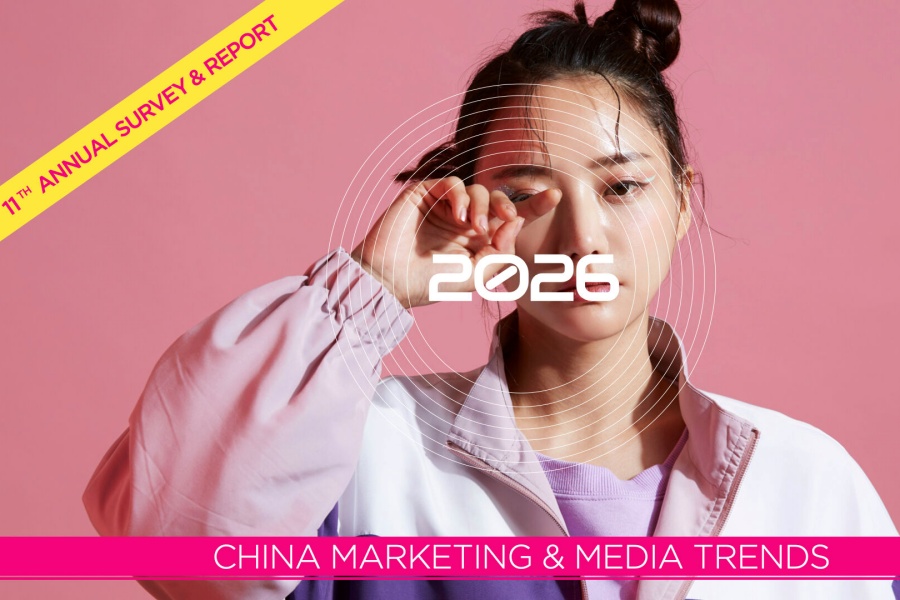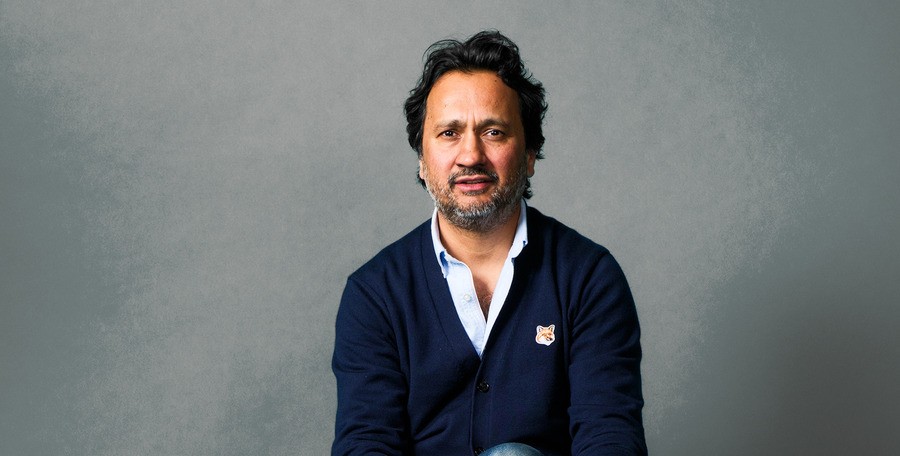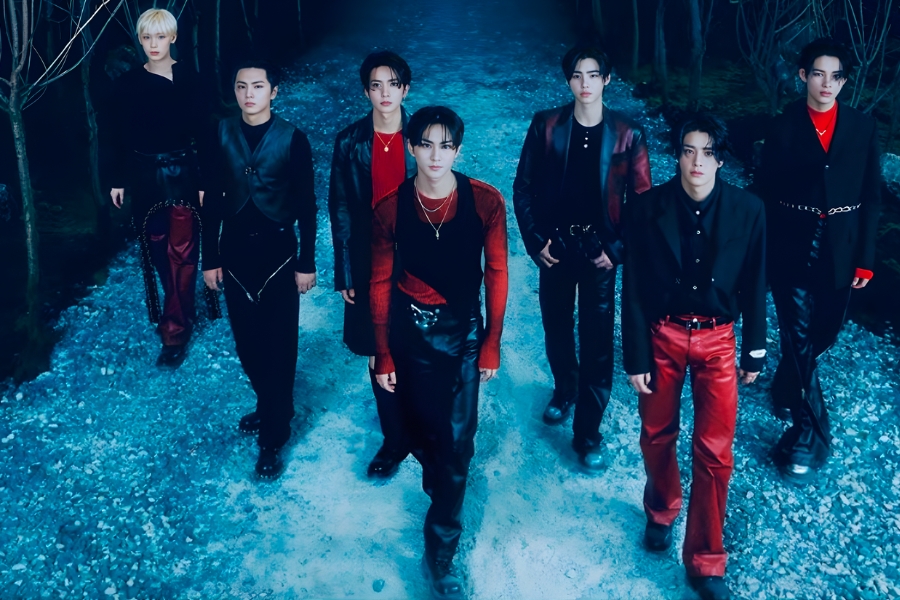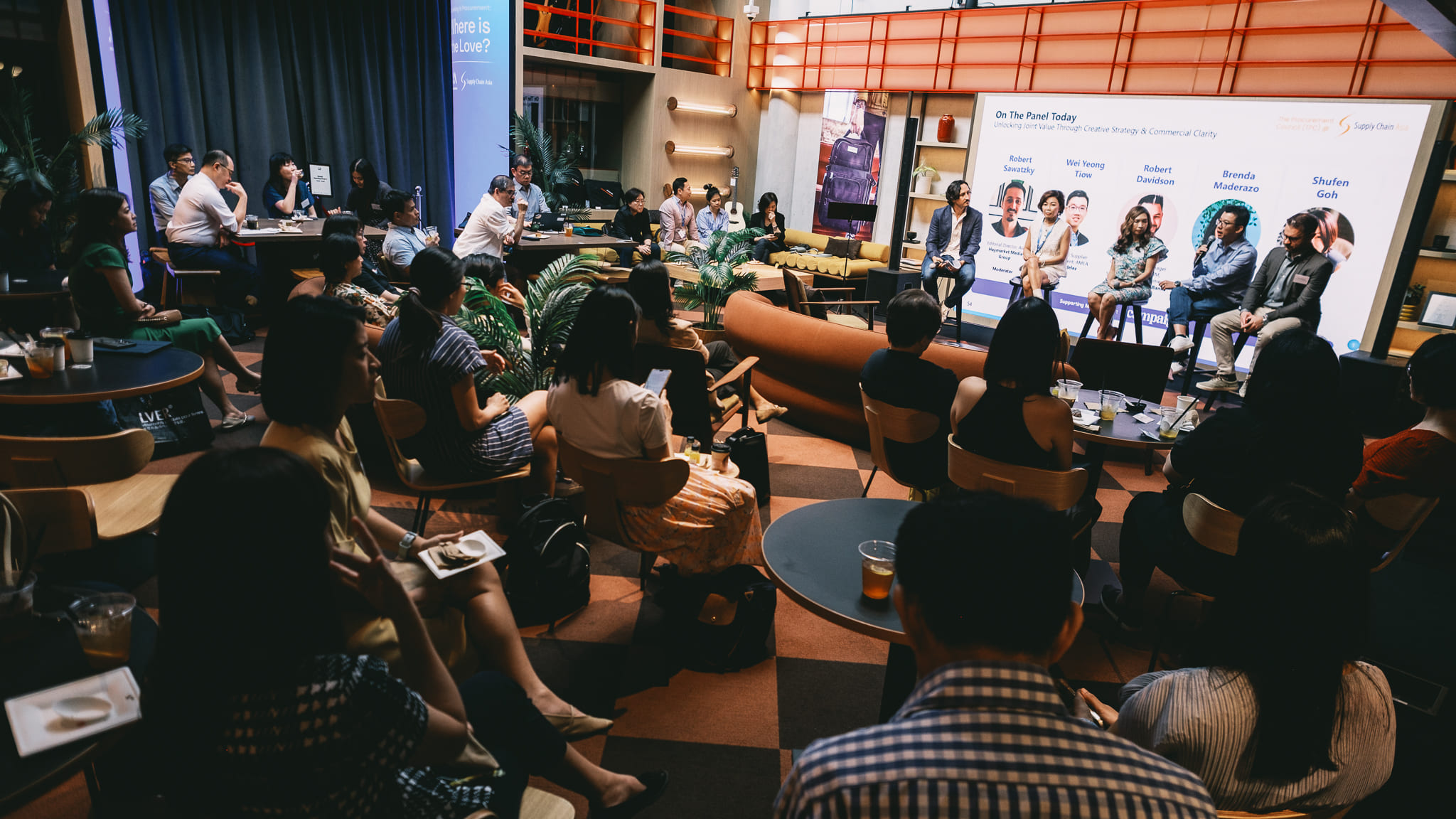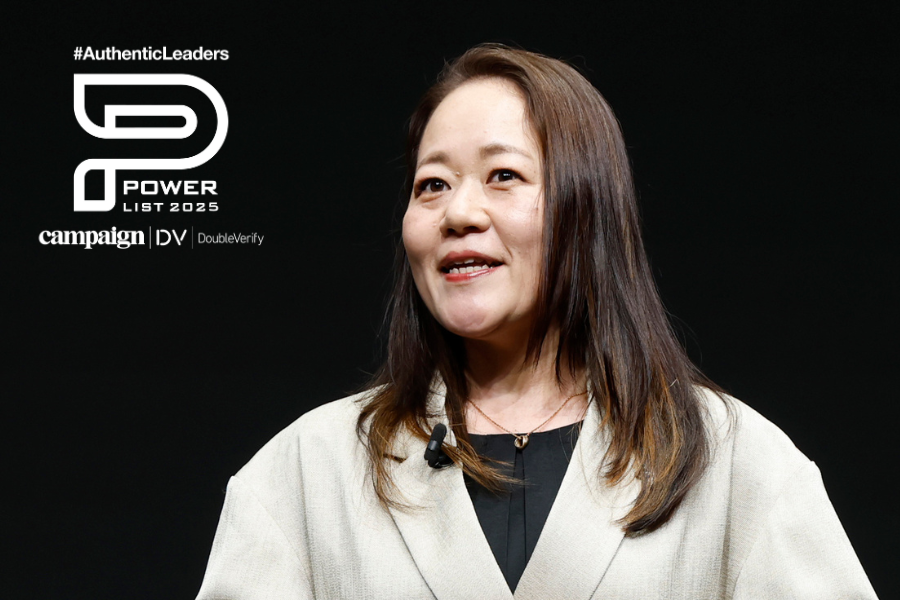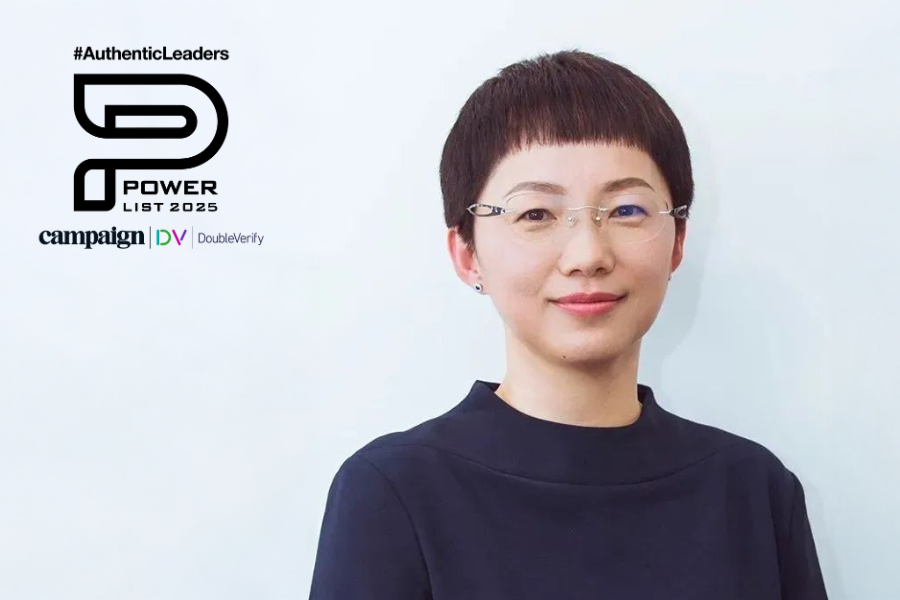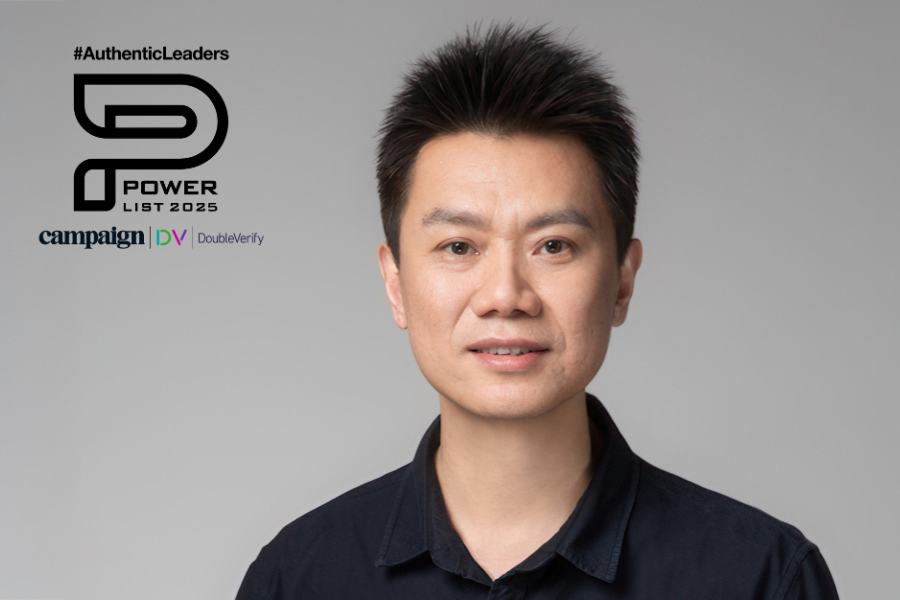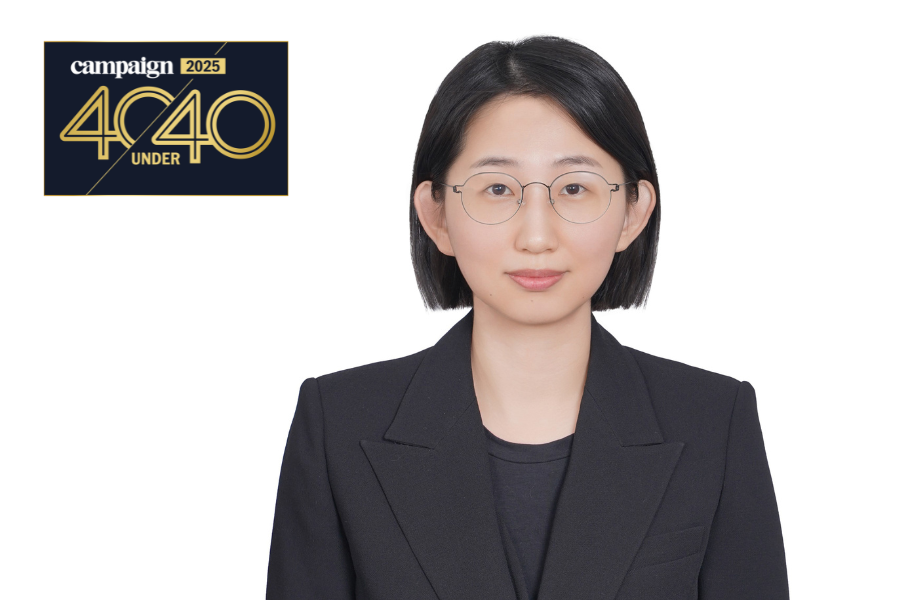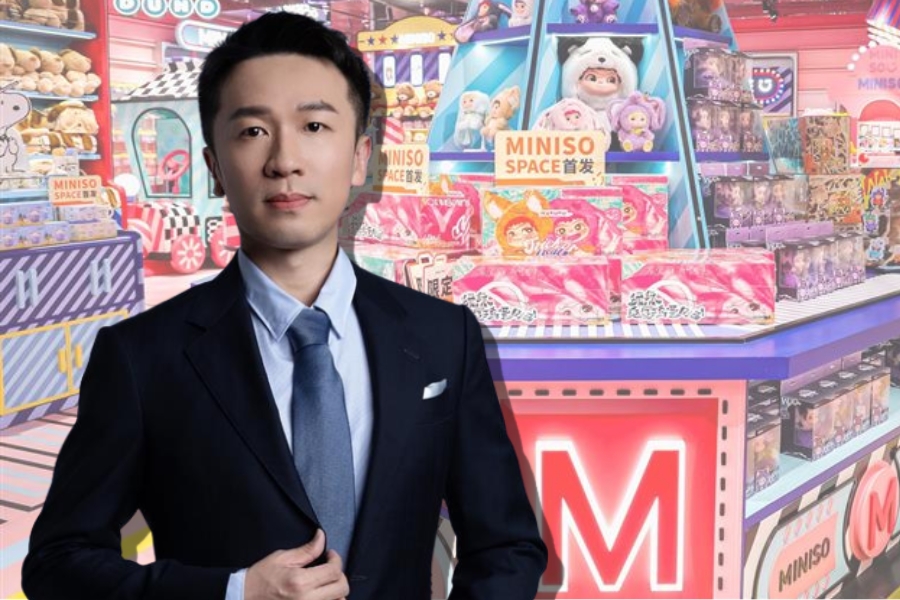As part of the Asia's Top 1000 Brands report, we asked experts from around the region to share in-country expertise on the factors driving branding in their markets. Steve Yi, chief strategy officer of Grey Group Korea, shares the view from South Korea.
The opportunities for new brands in the market have significantly contracted, but the environment has also hurt import premium brands. Unilever and P&G, for example, have been knocked out of the premium hair care market competition. Clearly the economic downturn in the West has hit Korea hard in the last 12 months.
Meanwhile, big conglomerate brands like Samsung Electronics and Hyundai Motors have done well overseas and are re-leveraging global success into local dominance. It seems rare that there is a commercial break for any popular programme that does not include both of these powerhouse brands.
|
|
The emotional connective fibre has taken the form of a hybrid local-social responsibility message. The strategy is that “our brands are an integral part of the daily neighborhood culture and our fates are intertwined”, a moving and actually somewhat true message (the Korean chaebol conglomerates comprise 60 per cent of the national GDP).
On another front, brands that were previously discounted as cheap knock-offs of more premium, well-known brands have risen to the fore and have become new power brands. The clearest example is the discount cosmetics brand Missha, which has suddenly become drunk with its own brand popularity and is rapidly trying to evolve into a global brand (aiming to follow the example of the more premium Amore Pacific brand).
Missha is to the Korean cosmetics industry as Uniqlo is to the Asian fashion industry. It makes very decent products at a very affordable price and it has managed to spend wisely in massive advertising campaigns to overtake previous popular brands like The Face Shop. It has completely reset the pricing for quality concept at the right moment to take category leadership.
As Koreans sink into greater personal debt, brands really have to be more than just pretty decorations to compete. BMW has managed to stay a healthy leader in the import automobile sector by almost imposing its laser client-focused branding—to the point that it is beating local brands in certain social groups. It is even referred to as the ‘Gangnam Sonata’ (a reference to the upper-class neighborhood’s main car of use).
This is actually a variation of integrating the brand into the social fabric similar to the big heavyweight brands like Samsung and Hyundai, but with a twist: they are ‘adopted’ by the social group’s brand fans into the culture as one of their own. And for a multinational brand to survive in this new economic atmosphere, this ‘adoption’ strategy becomes more attractive especially with the new social-networking and digital marketing support tools at our disposal to segment consumers to a new level.




